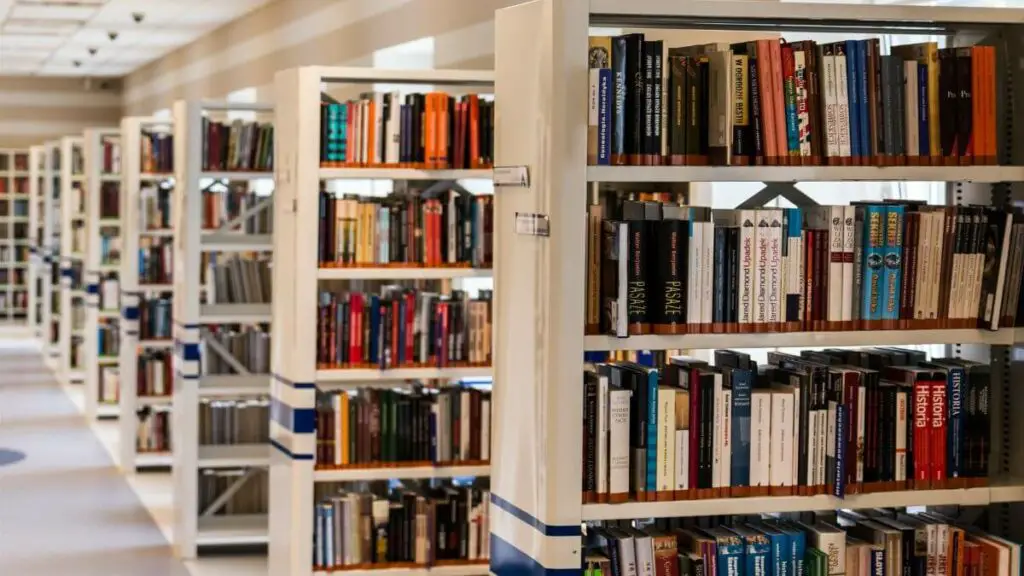Although most of the focus of financial literacy education has been on high school students, more and more of which have the option of taking a Personal Financial Literacy class, it is also important for non-students to have access to such learning. This is why news about public and nonprofit libraries receiving financial literacy education grants from FINRA (Financial Industry Regulatory Authority) is so exciting. For example, the Sara Hightower Regional Library System in Georgia, partnering with the University of West Georgia’s Center for Economic Education and Financial Literacy, has received a $50,000 grant for financial literacy education from FINRA. The library system will use this generous grant to create financial literacy programs for the public, specifically tailored to high-need groups like young people, retirees, minorities, and those in poverty.
Libraries Serve as Valuable Resources of Financial Literacy Education
FINRA’s Library Grants Program, which is accepting grant applications through March 1, is available to all public and nonprofit libraries. Applying institutions have to explain how the funds will be used to provide financial literacy education and verify that their staff will complete its online training for smart investing. This training helps library staff educate patrons in areas like credit, insurance, investments, retirement, and estate planning. Finally, libraries have to explain how their financial literacy education program will continue after the grant funding period, ensuring that patrons have long-term access to financial education assistance.
The American Library Association (ALA) offers a webpage of digital resources for librarians to help the public with financial literacy. One resource from the Consumer Finance Protection Bureau (CFPB) offers free bulk publications to libraries to assist with the financial education of patrons. Numerous other government and nonprofit websites offer free educational resources, including videos and quizzes. Another ALA webpage breaks down resources by group, such as which financial literacy resources would best help immigrants, students, and single parents.
The Institute of Museum and Library Services (IMLS) also offers free resources to libraries to help with financial literacy education, such as a guide for best practices related to financial literacy education in libraries. Purdue University also has an expansive webpage of free resources, including curriculum planning tools. All three organizations have partnered with the CFPB to offer high-quality education resources to patrons, explaining complex concepts in simple language to boost financial literacy.
Other FINRA Grants Available for Financial Education
Fortunately, the FINRA General Grant Program is available any time, with awards of up to $100,000, to focus on education and research in areas that help reduce financial inequities. Preferences are given to educational programs that use data from the National Financial Capability Study (NFCS), ensuring that the programs use tailored data to ensure the most effective financial education. FINRA also provides investor education and tools through the FINRA Foundation. This includes providing training for military educators and ensuring ample free publications to any financial literacy educators. These free publications and resources include topics ranging from smart decisions after a job loss, fraud awareness, and investor knowledge.

